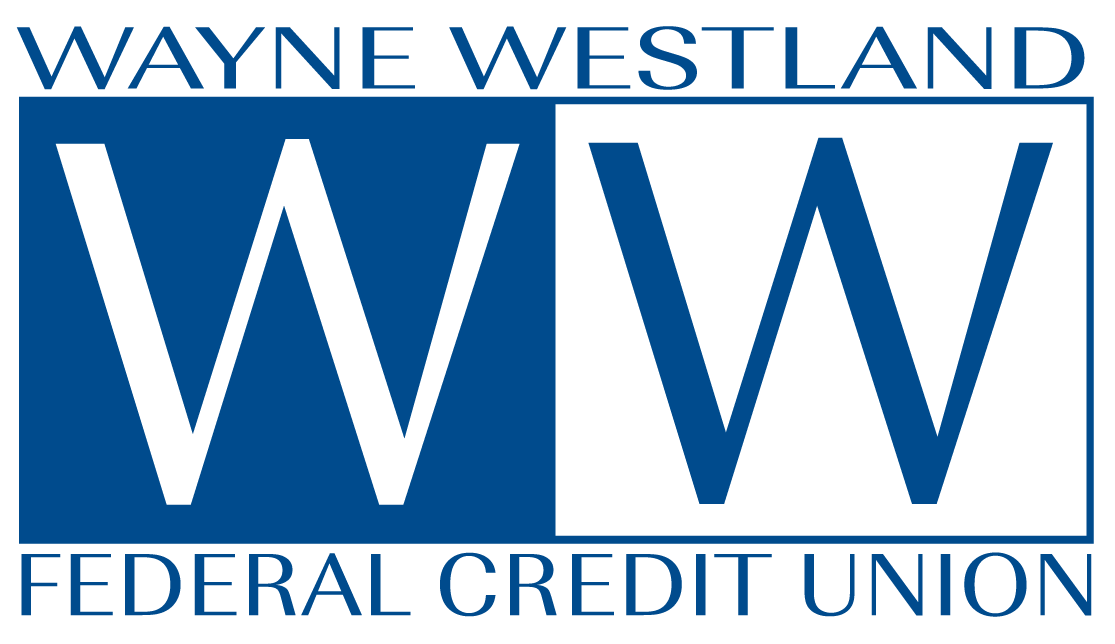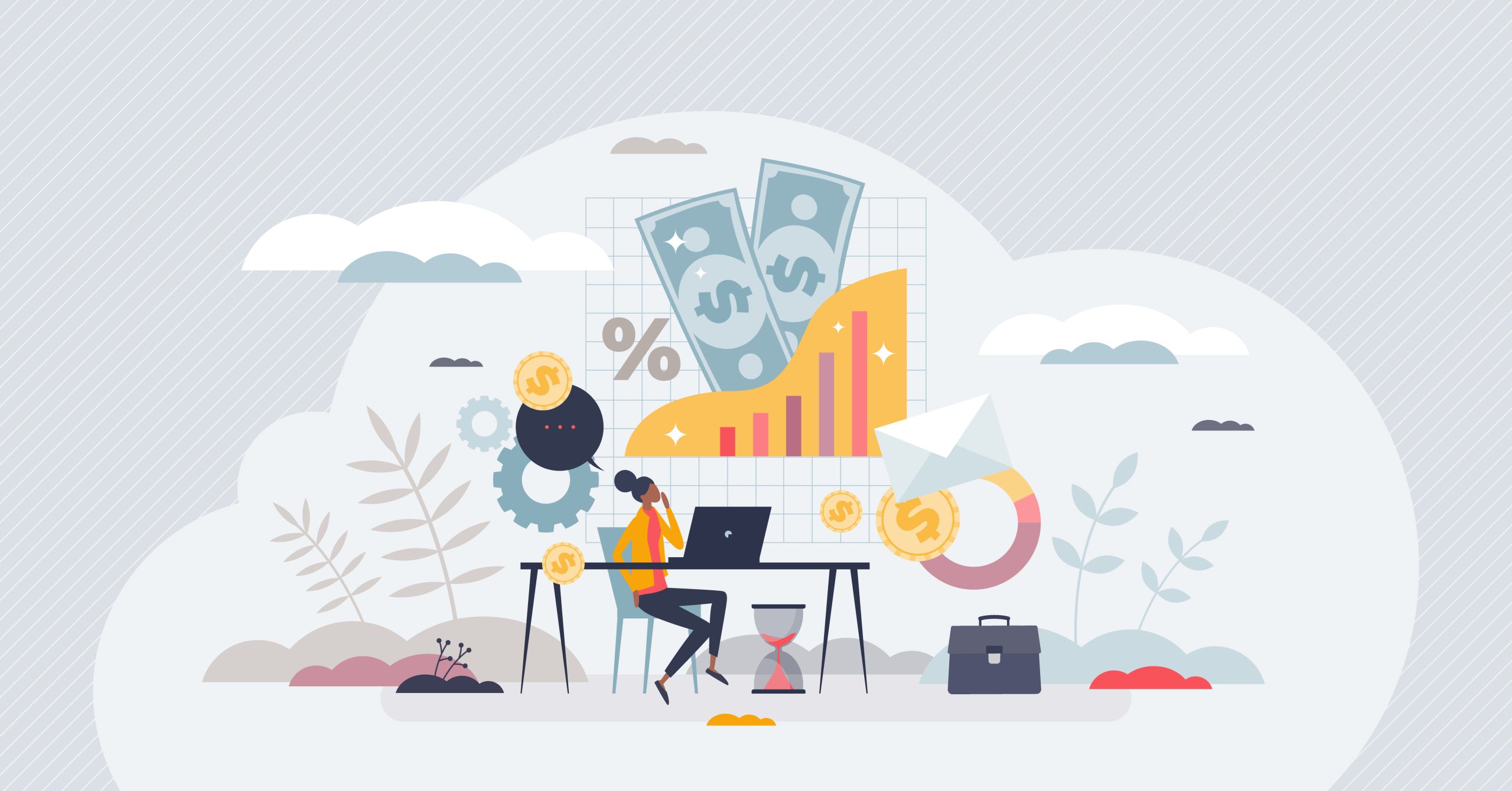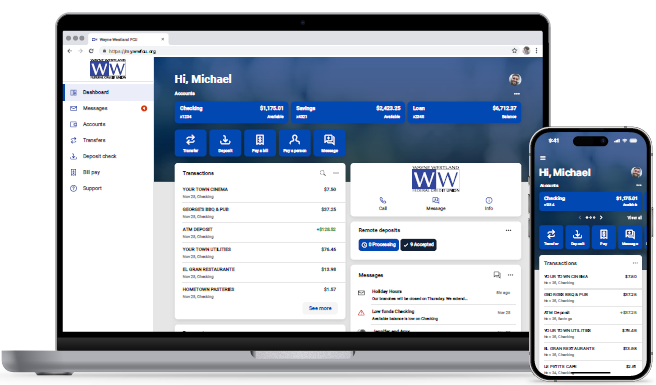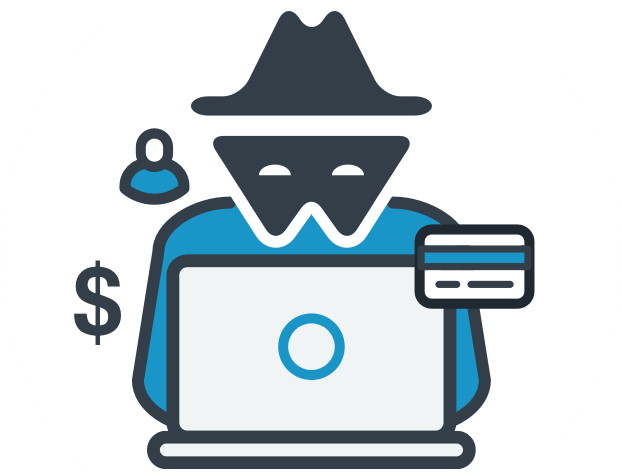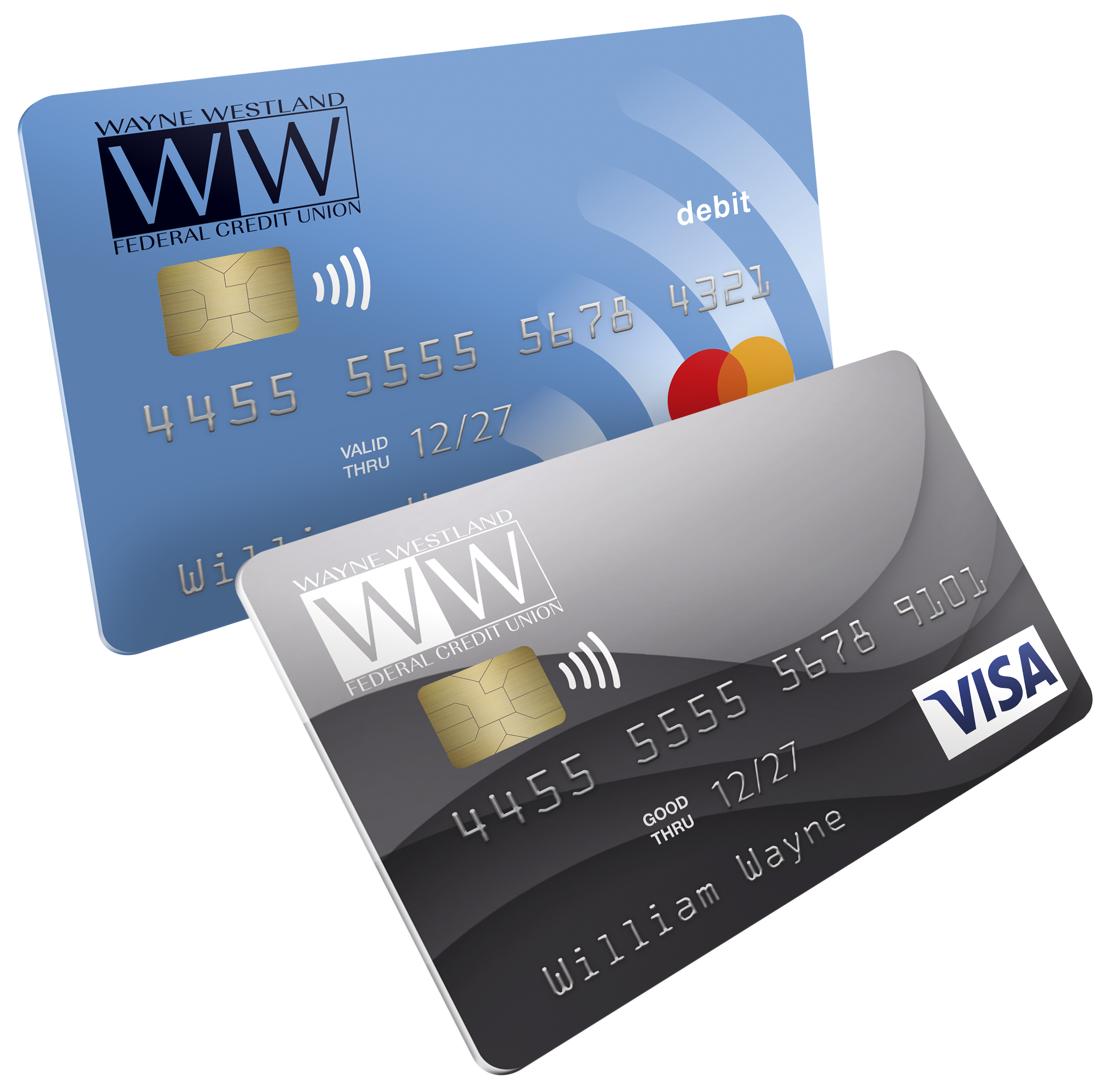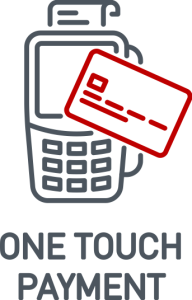Purchasing a car is a huge financial decision with more things to consider than just what color to get. Whether you are buying your first car, a used car, or the shiny new sports car of your dreams, there is a lot to think about.
What will the payment be? The Financial Gurus have discussed the benefits of monthly budgeting, and a vehicle payment is a large portion of that. Make sure to consider not only the monthly payment amount, but the cost of insurance, gas, and regular maintenance. Visit our website www.wwfcu.org to utilize our loan calculator tool to get an estimate of your monthly payment. Other items to think about: Do you have money to put down on it? Are you adding any extra coverage such as GAP insurance or extended warranties? Be sure to schedule an appointment with one of WWFCU’s Member Service Specialists to discuss interest rates, loan terms and get preapproved before you sign any contracts.
Do your homework. In this digital age, buying a car does not always mean various trips to the dealership to shop around. Now, you have the option to browse current vehicle inventory or build and price out a vehicle through dealer websites from the comfort of your home. Before you get started, you will want to determine if you prefer new or used, the type of vehicle you’re in the market for and what features you can’t live without. Shiny cars with all the extra bells and whistles are tempting but stay realistic about what fits your current budget. When you’ve narrowed down your search, Wayne Westland Federal Credit Union can help you with the next steps. We will always obtain a bluebook value to ensure you don’t overpay.
Take that test drive! Don’t skip this step, it’s important to know if you’re getting the right vehicle for you before being locked into a contract. It’s better to take your time and test drive the vehicle first and save yourself from an expensive mistake or massive regret later. Driving the car also gives you the opportunity to make sure everything is working properly, and that you feel comfortable behind the wheel. Be aware if there are there any squeaks, knocks or any other noises that might need to be looked at before purchase. It is helpful to inquire if a vehicle inspection has been done, and if it comes with a warranty.
What extra protection might I need? WWFCU offers Guaranteed Asset Protection (GAP) on all our auto loans. This added protection is minimal in cost and is added right into your monthly payment. If your car is ever totaled and your remaining loan balance is more than what the vehicle is worth, GAP insurance fills in the difference. Mechanical Repair Coverage (MRC) is another great option that is available to you. This can limit your cost of unexpected, covered auto repairs as your vehicle ages. While warranties typically last about 3 years, MRC will protect you for the life of the loan.
Wayne Westland Federal Credit Union is always here to help you get in that driver’s seat. If you need a little help budgeting your income to afford that new car, or if you want to see what finance options are available to you, reach out to our financial coaches today.
